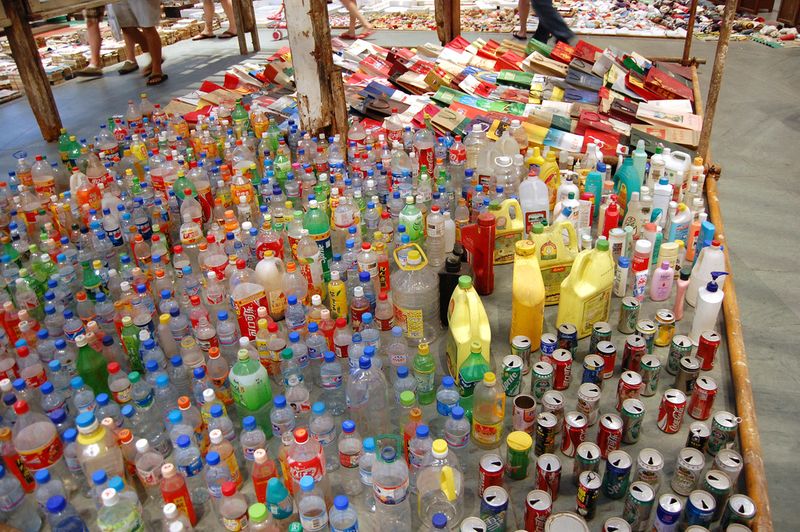

Specific cognitive processes, such as decision-making, categorization, and attention, have been hypothesized to contribute to the overvaluing of objects. Hoarding disorder is characterized by extreme difficulty letting go of objects other people would routinely discard or give away, such that the home becomes dysfunctionally cluttered with possessions. The initial treatment should be a behavioral program, but there is not sufficient information regarding pharmacological treatment of the syndrome. Researchers have underlined the frequent presence of DS (36%) in frontotemporal dementia (FTD): different neuropsychological modifications in FTD may contribute to symptoms of DS. " It has long been understood that individuals with dementia often become shut-ins, living in squalor, in the Eastern Baltimore study, dementia was present in 15% of the elderly cases with moderate and severe social breakdown syndrome twice as many as in the general population of the same age group. To explore the phenomenon of DS in dementia we searched for the terms: "Diogenes syndrome, self-neglect, dementia. This is accompanied by a self-imposed isolation, the refusal of external help, and a tendency to accumulate unusual objects.

Symptoms include living in extreme squalor, a neglected physical state, and unhygienic conditions. Finally, we discuss important future avenues for elaborating our model of HD and improving treatment access and outcomes for this disabling disorder.ĭiogenes syndrome (DS) is a behavioral disorder of the elderly. We also outline the prominent theoretical model of hoarding and provide an up-to-date description of empirically based psychological and medical treatment approaches for HD. Thus, the primary aim of this review is to summarize the current state of evidence regarding neuropsychological deficits associated with hoarding and review research on its neurophysiological underpinnings. There is also growing interest in the neural underpinnings of hoarding behavior. Research and theory suggest that hoarding may be associated with specific deficits in information processing, particularly in the areas of attention, memory, and executive functioning. Individuals who hoard experience intense distress in discarding a large number of objects, which results in extreme clutter. Hoarding disorder (HD) is associated with significant personal impairment in function and constitutes a severe public health burden.

Palabras clave: síndrome de Diógenes, síndrome de acumulamiento, silogomanía. Se ha descrito cierta asociación con otras pato logías orgánicas o estructurales, y cierta predisposición genética. El tratamiento es difícil de instaurar dada la falta de conciencia de la enfermedad por parte del paciente el pi lar del tratamiento es la terapia cognitivo conductual, aunque en ciertos casos suele ser necesario el uso de medicamentos como los antipsicóticos o inhibidores de la recaptación selectiva de serotonina.

Usualmente son llevados a centros de salud o denunciados ante las au toridades pertinentes por parte de su familia o vecinos. Los sujetos no son conscientes de su enfermedad y se niegan a reci bir ayuda. Esta situación pone en riesgo tanto la seguridad del paciente como la del entorno, ya que acumulan tantos objetos que terminan rodeados de basura y suciedad, que conlleva a la libe ración de gases y sustancias tóxicas que pueden ocasionar trastornos respiratorios y/o alérgicos. El síndrome de Diógenes es un trastorno caracterizado por alteración de la con ducta, se presenta en adultos mayores (promedio 79 años), los cuales suelen cursar con autonegligencia, falta de higiene, viven en la miseria extrema, aislados del resto de la sociedad, y pueden o no acumular objetos (silogomanía).


 0 kommentar(er)
0 kommentar(er)
